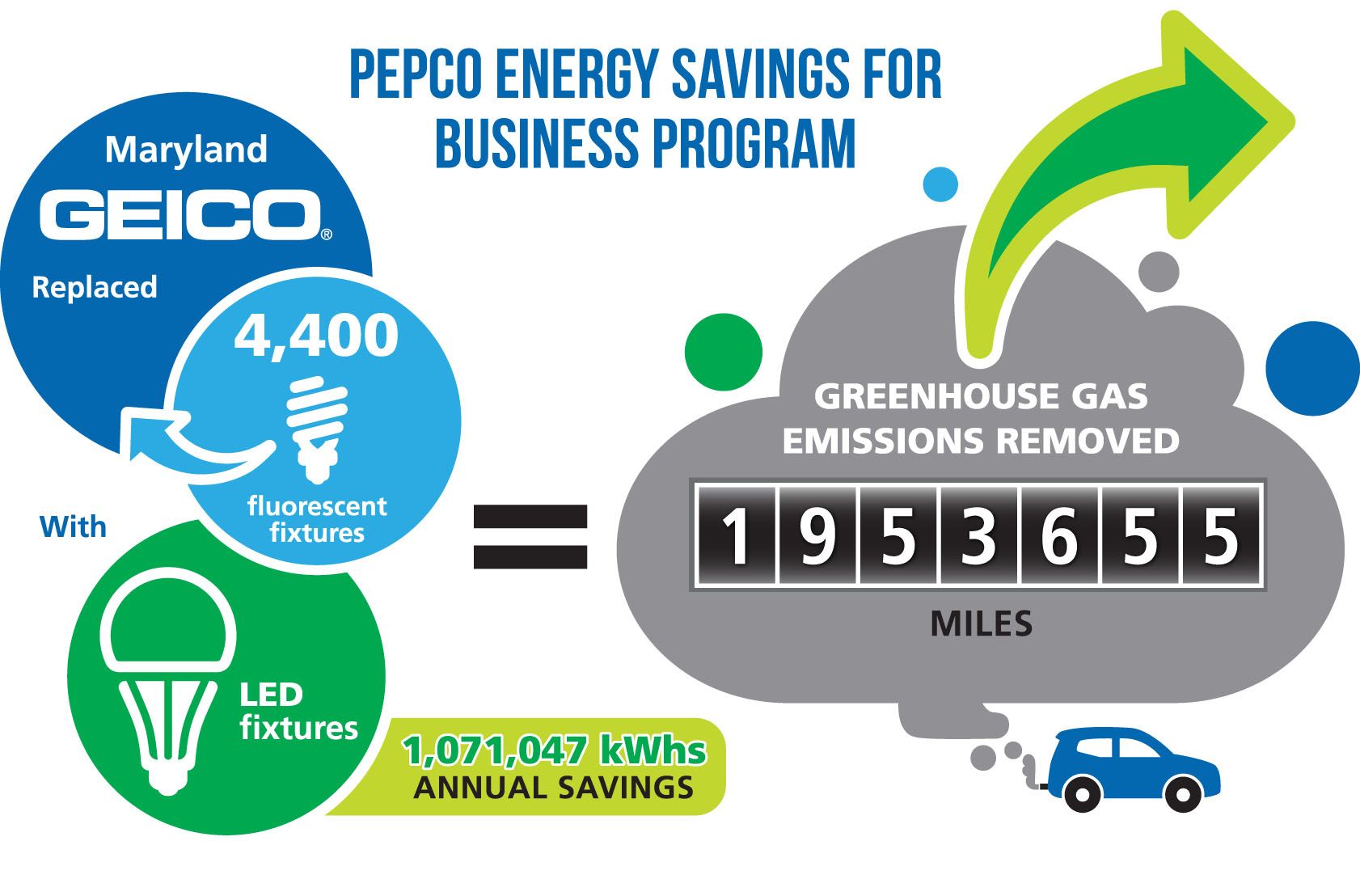Global Warming
The real questions about stopping global warming have less to do with science and more to do with procreation.
The earth now has two nations with over 1 billion in population, China and India, showing no signs of conscious effort to slow population growth. Those two nations consume almost HALF of the world's energy and almost 40% of the world's water. Their carbon emissions dwarf all other nations combined.
If the earth cannot slow its human growth rate, and keeps extending lifespan, we will eat up any cushion of time that may have existed, for humans to safely exit earth into new homes in space. And the worst offenders are not even trying.
______________
We deliver accurate, actionable intelligence and analysis to support public policy formation, and government and private sector response on some of this world's toughest challenges.
Choosing to be part of the solution, not part of the problem, it's a conscious choice. It may not seem fair for a few to carry the burden of the many - for the US and western nations to prioritize Global Warming, birth control, and responsible energy and water use.
But there is no alternative. These are areas where sanctions and trade can also contribute to world cooperation involving everyone. Here is how we can help your agency or business entity or practice optimize its resource conservation and responsibility:

Creating Public-Private Partnerships to 'Buy' Cooperation from Consumers
Helping power entities and other commerical users design and implement energy-conscious operations and computing facilities
The US ranks just behind China and India in energy and water use. The high demands of US military and scientific technology, and high expectations of a sophisticated consumer base, elevate US energy usage much higher than other per capita rates for Western nations. (Except for Canada) The US remains a very car- and travel-dependent country, where consumers tend to have multiple communications and media devices, multiple computing devices, and multiple cars per household: all energy hogs, compared to minimalist electronics usage, in many other nations.
Industry Incentives and Public Policy
Pepco, an electrical energy provider in Washington DC and Maryland, has launched savings programs that reward business and residential customers who choose to cut their Air Conditioning off for a few minutes a week or day, depending on demand, with lower rates. Home customers can save $30-$40 a month during summer high season, by voluntarily limiting the temperature they set their AC to. This is just one example of informed public policy and provider incentives helping to change habits and attitudes - and dramatically reduce power or water usage.
Our portfolio includes
CalWEA (California Wind Energy), Duke Energy, and the US Department of Energy (DOE) - Battelle Labs.
Constraining space, satellite, and military use of methane fuels and other pollutants
Methane, although not toxic, is a gas commonly found in nature - emitted from livestock, swamps, the sea, and almost anything that decomposes - and is used to power everything from power plants to rockets. Methane and methanol, a derivative, are used heavily in missile, jet, hypersonic, and rocket fuels. Our portoflio includes design and leadership for sustainable jet fuel and biofuel alternatives for the US Department of Energy and the US Navy.

























